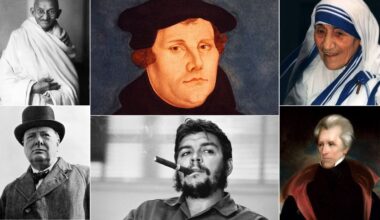National memory often skims the headlines and skips the groundwork. Long before 1800, Black Americans set milestones that shaped law, letters, cities, faith, and victory. Their work appears in court transcripts, survey notes, church deeds, and battlefield reports, not just in myth. Naming them clearly repairs the record and sharpens the present. The pattern is steady and bracing: skill deployed under pressure, courage tested in public, and results that altered how a young country measured freedom and worth.
Phillis Wheatley: Authorship As A Civic Milestone
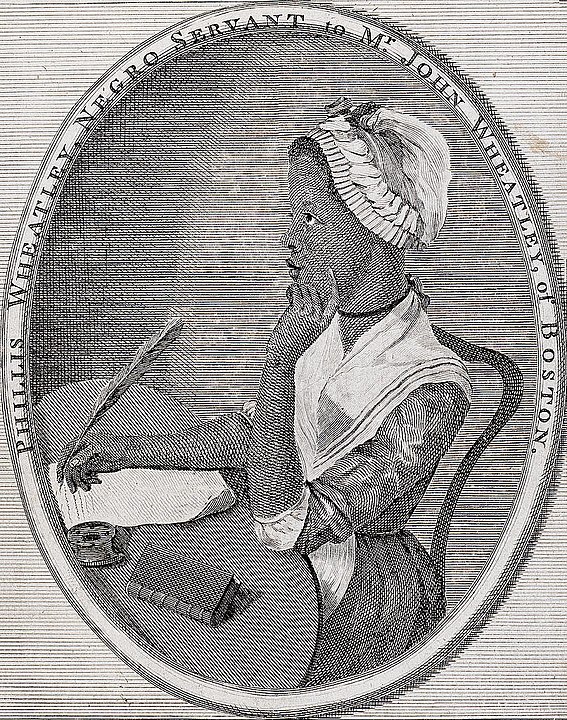
In 1773, Phillis Wheatley published a book of poems in London after passing public examinations that tried to doubt her authorship. The success forced readers to meet a disciplined mind rather than a stereotype. She wrote with classical control and political tact, praising virtue while challenging limits. A 1776 exchange with George Washington widened her reach. The milestone was not one volume on a shelf. It was authorship as evidence, insisting that talent and citizenship shared the same page.
Benjamin Banneker: Science, Survey, And A Moral Letter
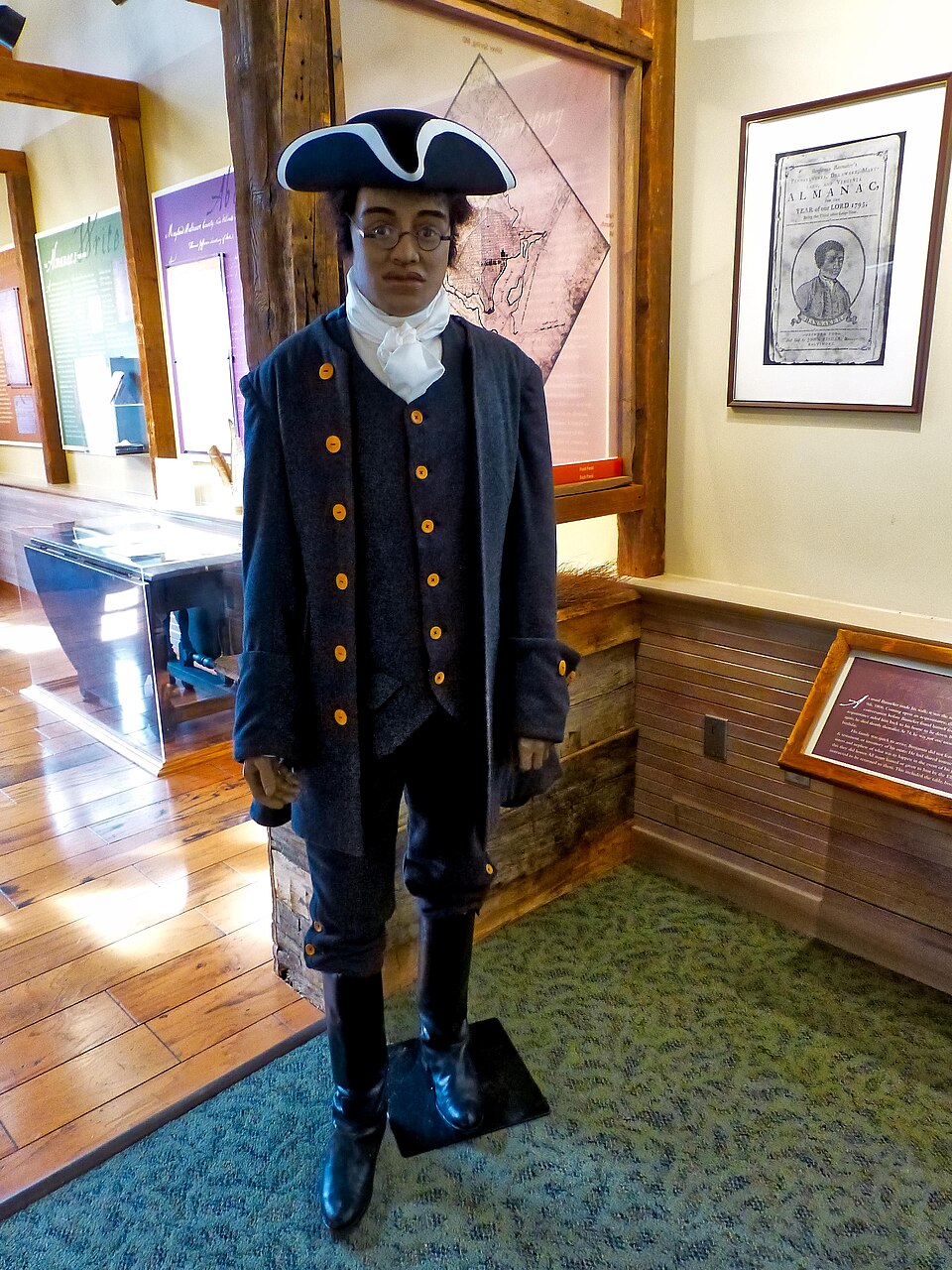
Farmer, clockmaker, and astronomer Benjamin Banneker helped survey the federal district in 1791, translating calculation into national design. His almanacs printed eclipse predictions and tables that readers could test against the sky. That precision anchored a 1791 letter to Thomas Jefferson, which challenged slavery with calm logic. The pairing mattered. Measurement proved competence, while argument pressed conscience. Together they set a standard for public life in a republic that claimed reason as its guide and fairness as its aim.
Elizabeth Freeman: A Lawsuit That Redefined A State
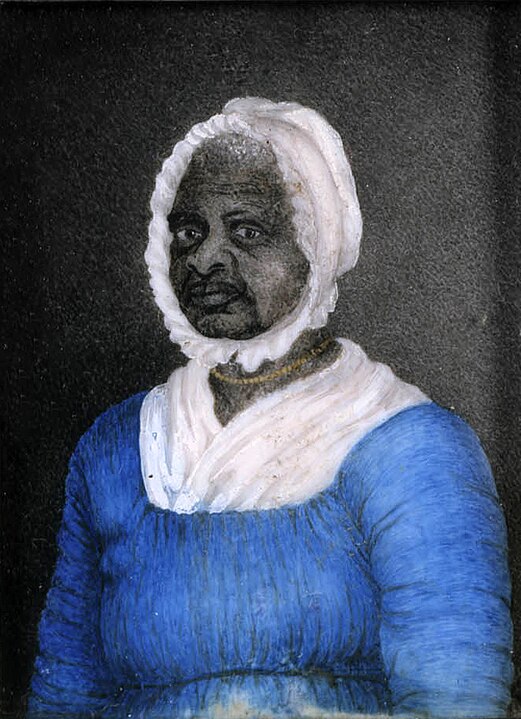
In 1781, Elizabeth Freeman sued for her freedom in Massachusetts and won, as judges read the 1780 state constitution to mean slavery could not endure. Her case, known as Brom and Bett v. Ashley, joined the Quock Walker decisions in dismantling bondage there. The victory turned new rights language into working law and rippled through households and town records. A Black woman used the constitution as a tool, showing how promises become practice when someone demands a ruling.
Richard Allen: Autonomy Built Before 1800
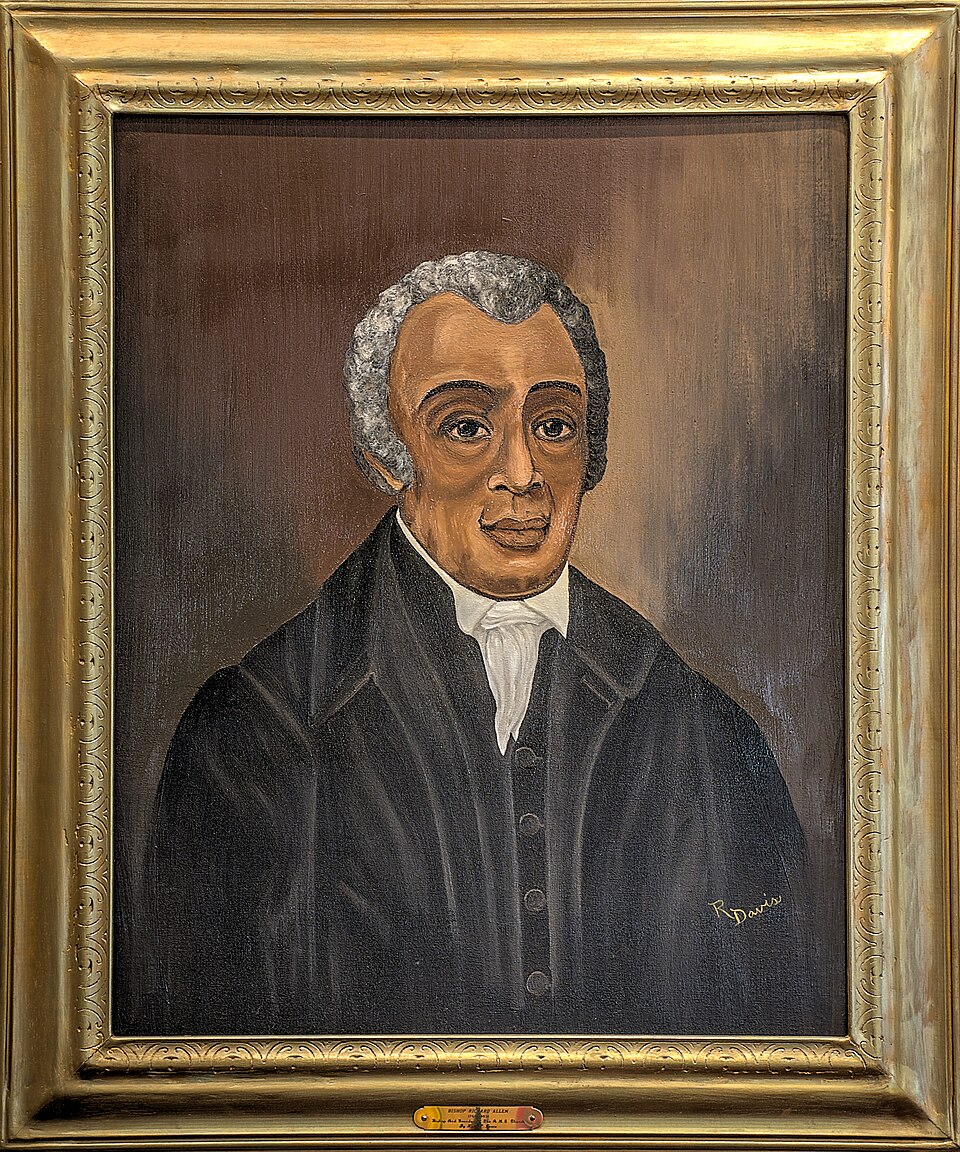
Methodist preacher Richard Allen bought his freedom in 1780, co founded the Free African Society in 1787, and opened Mother Bethel in 1794. Leadership looked like systems, not speeches. Mutual aid for funerals and illness, worship free of insult, and organized care during the 1793 yellow fever crisis formed a civic backbone. Before 1800, Allen had already drafted the blueprint for independent Black institutions. Later the AME Church grew from it, but the early milestone was visible autonomy.
Jean Baptiste Point du Sable: Founding The Future Chicago

By the late 1770s, trader Jean Baptiste Point du Sable ran a thriving settlement at the mouth of the Chicago River. Fields, orchards, workshops, and a busy household linked Native trade networks to Atlantic markets. Records describe an orderly post with skilled craft and steady exchange, the practical start of a city. The milestone is civic and economic at once. A Black entrepreneur fixed a strategic point on the map, proving that permanence can begin with careful trade.
James Armistead Lafayette: Intelligence That Bent A War

Enslaved in Virginia, James Armistead volunteered in 1781, infiltrated British lines, and fed false reports while relaying real movements to the Marquis de Lafayette. His work shaped decisions that pinned Cornwallis at Yorktown, helping end major combat. In 1787 Virginia granted him freedom for decisive service. The achievement is clear in the campaign’s timing and result. A Black spy stood at the hinge of strategy, showing how information, carried with nerve and accuracy, can turn an empire.

